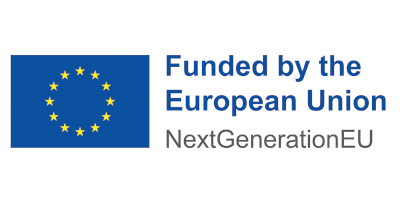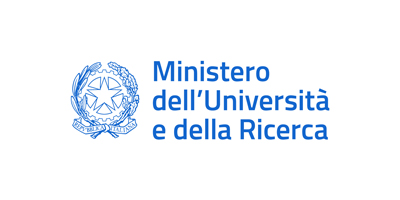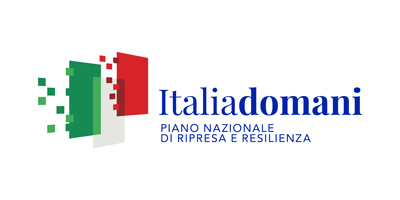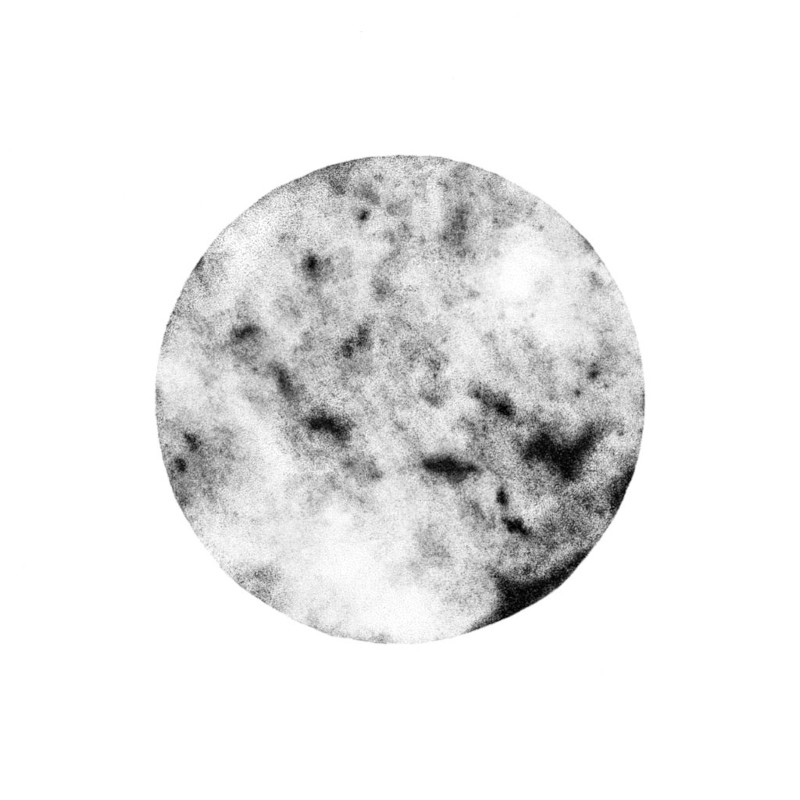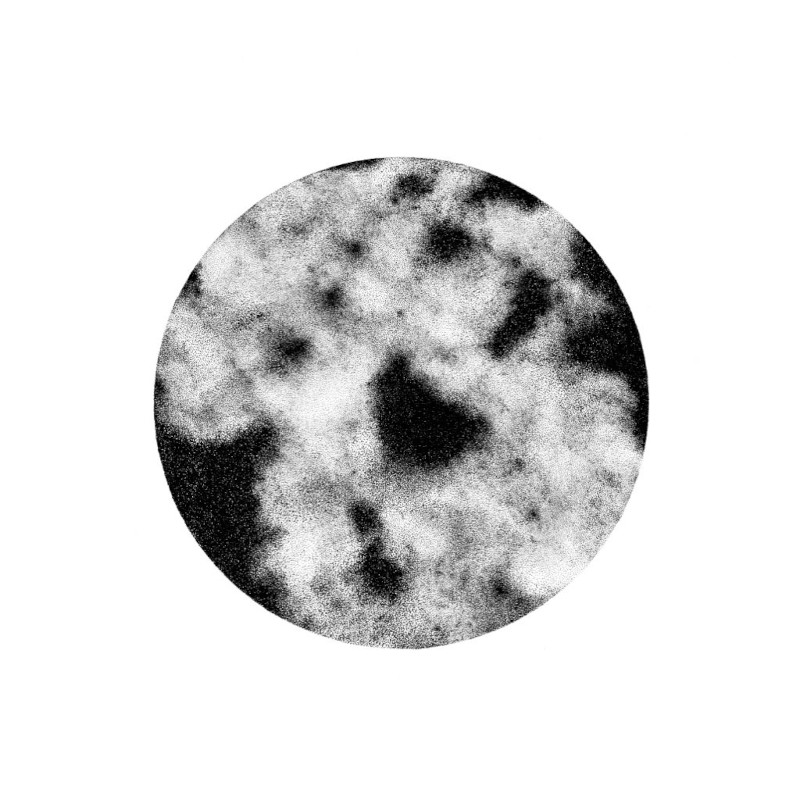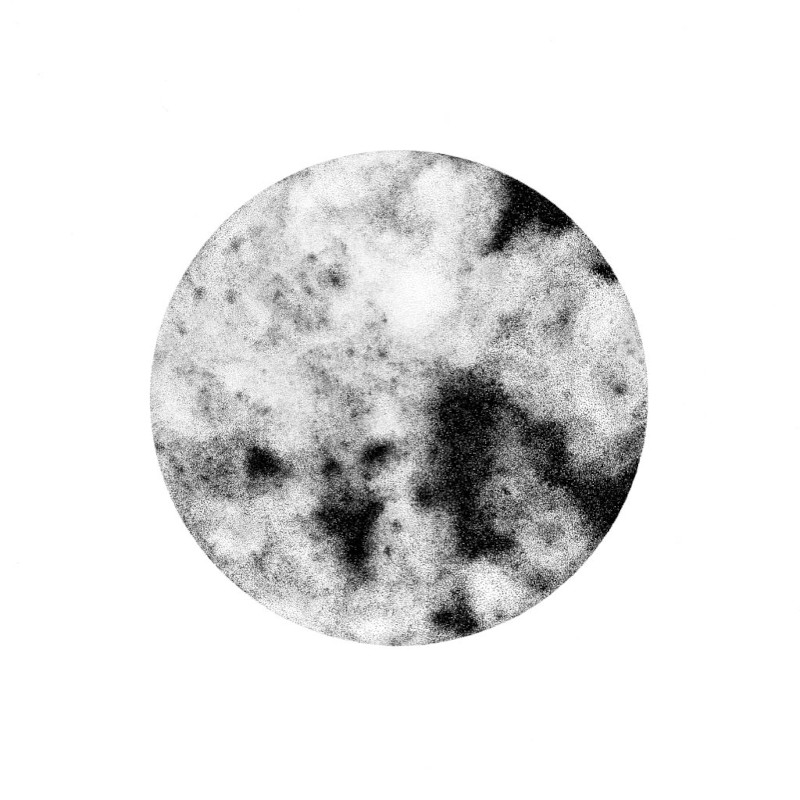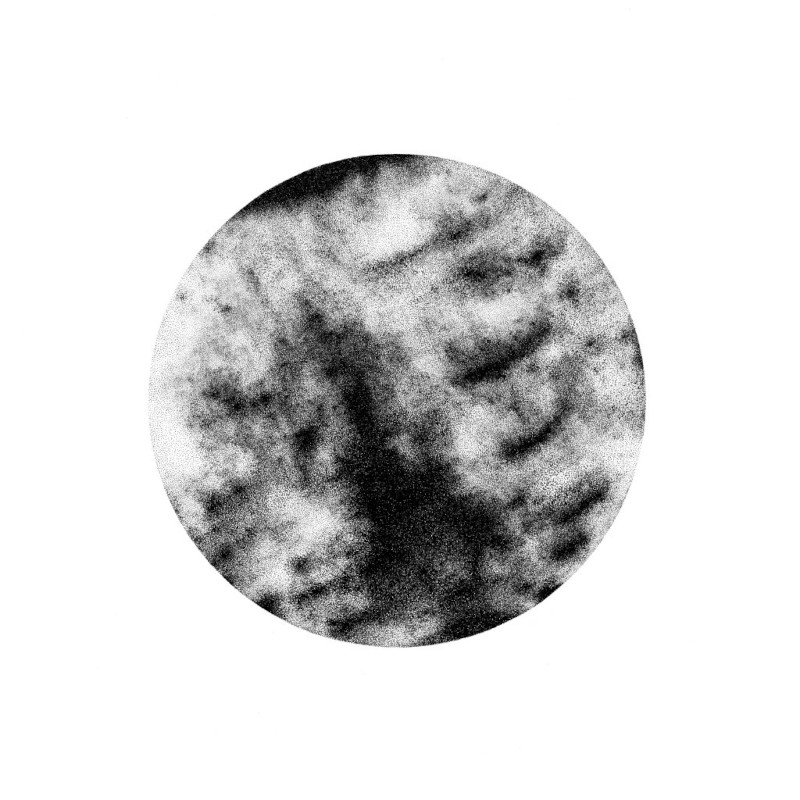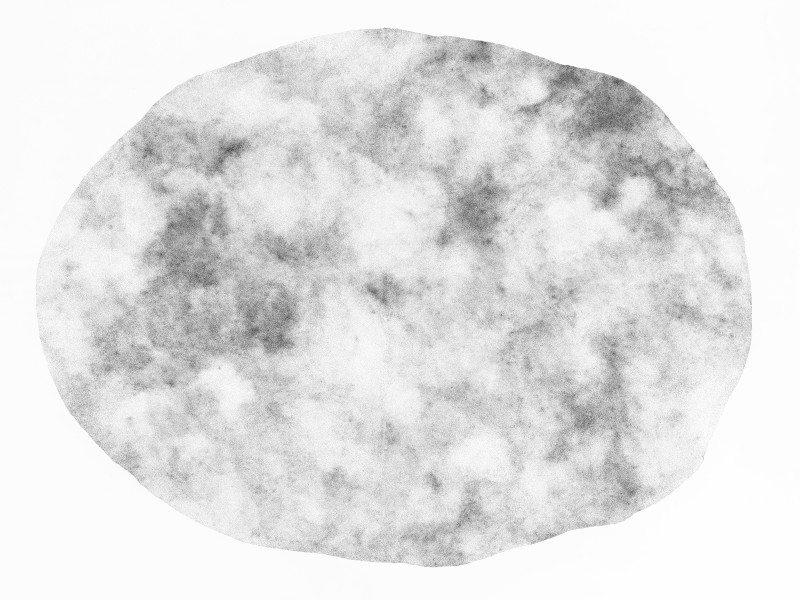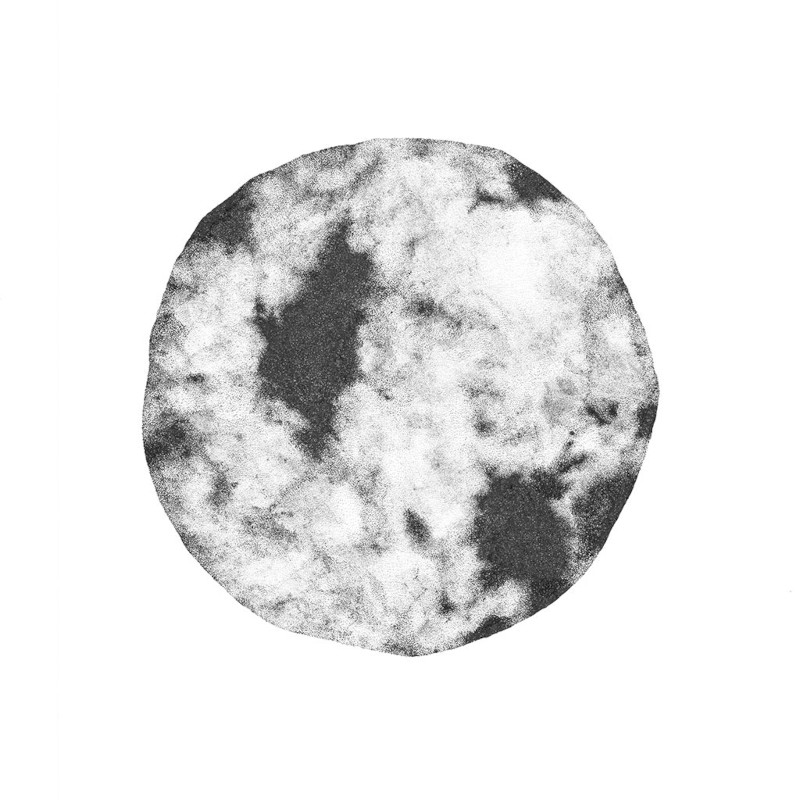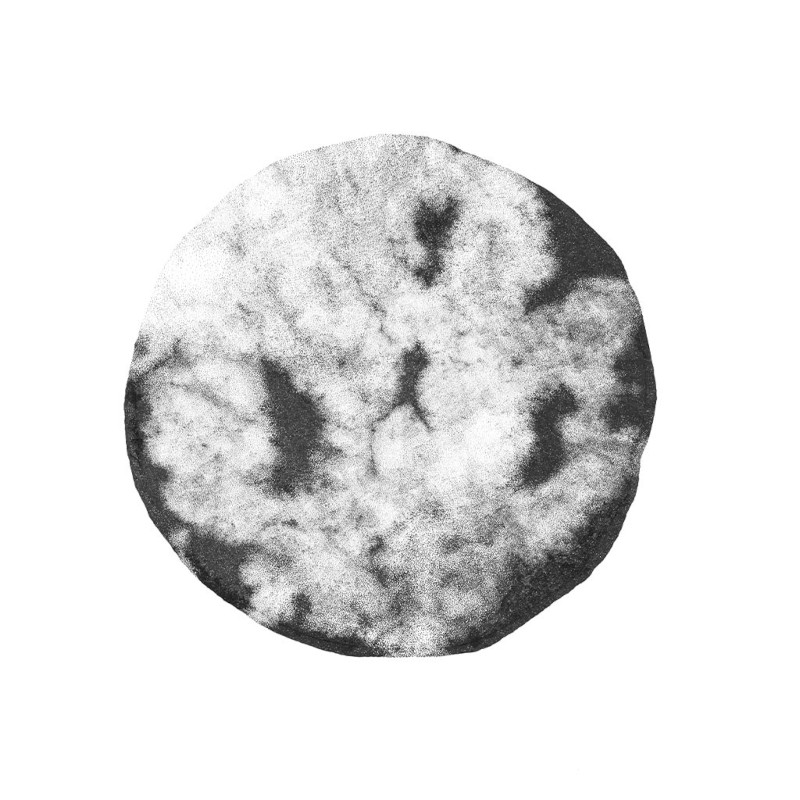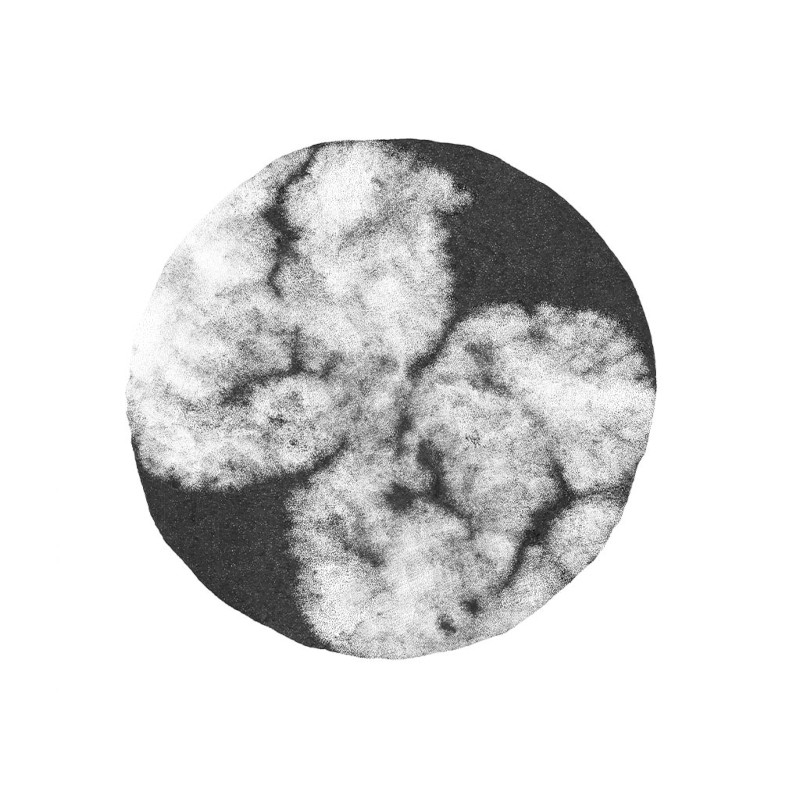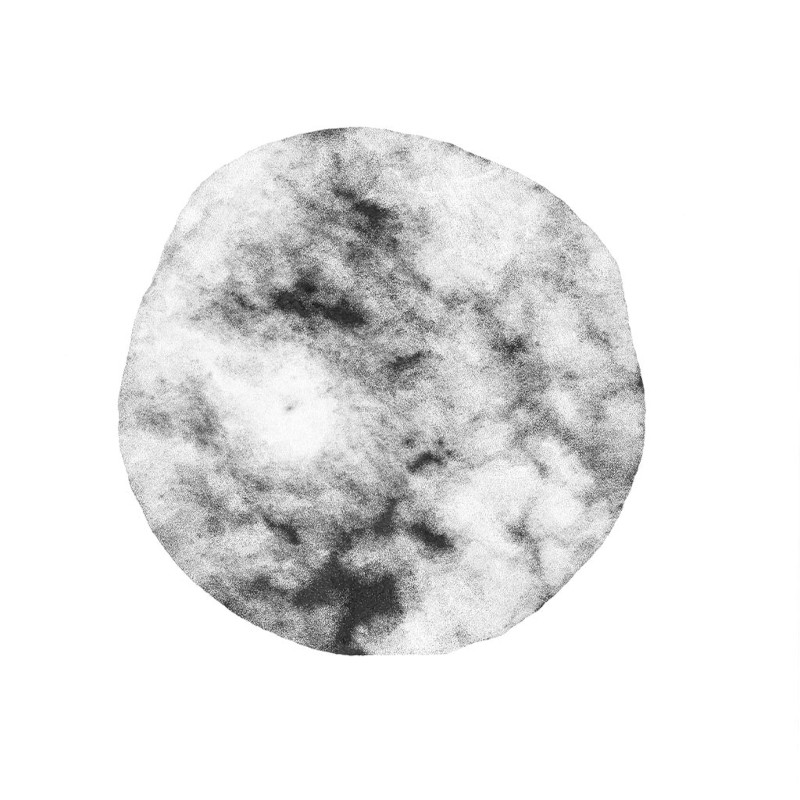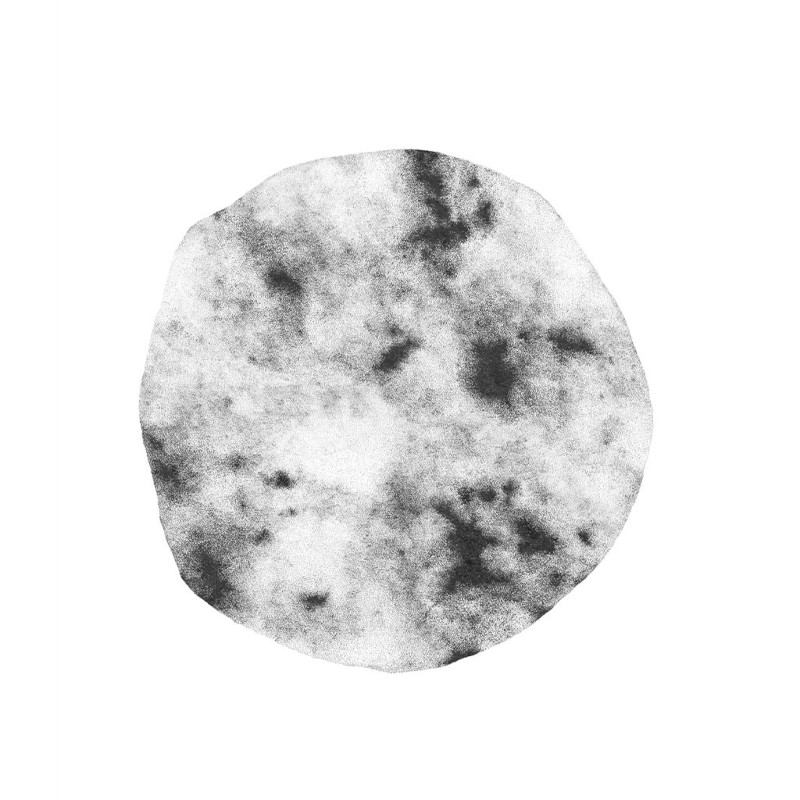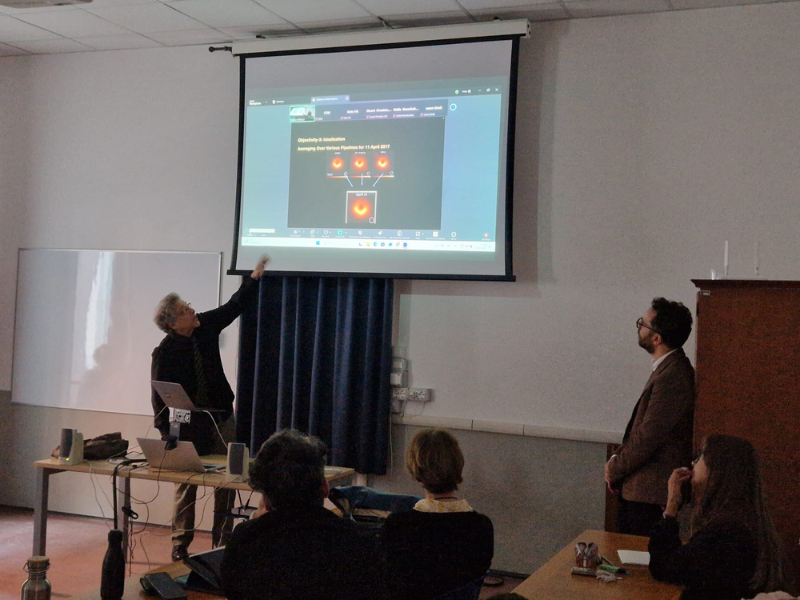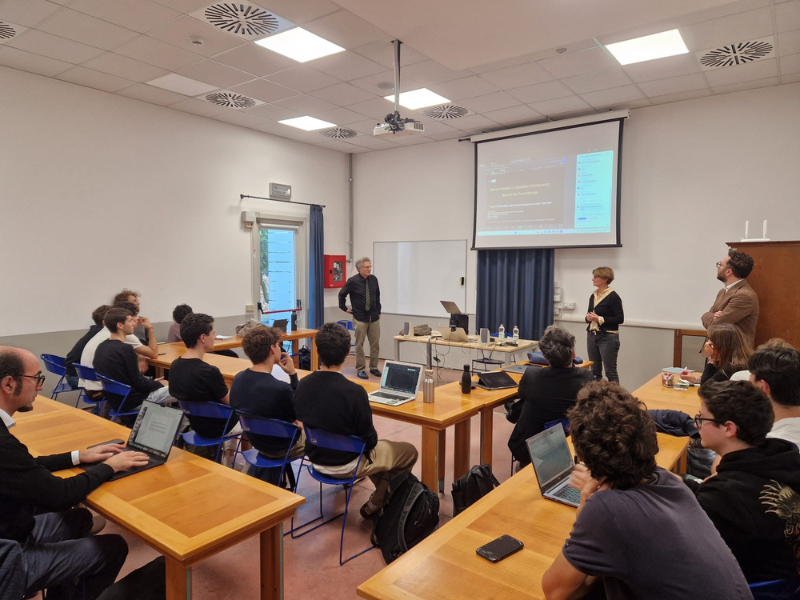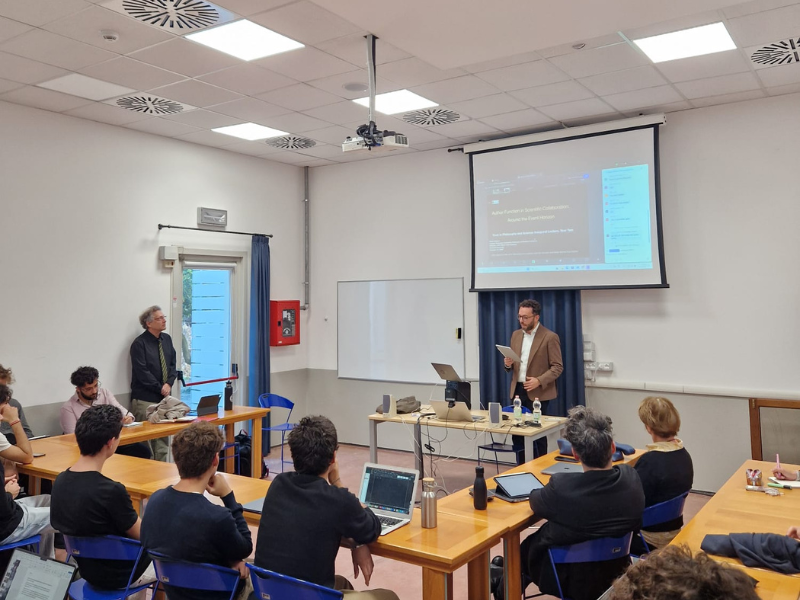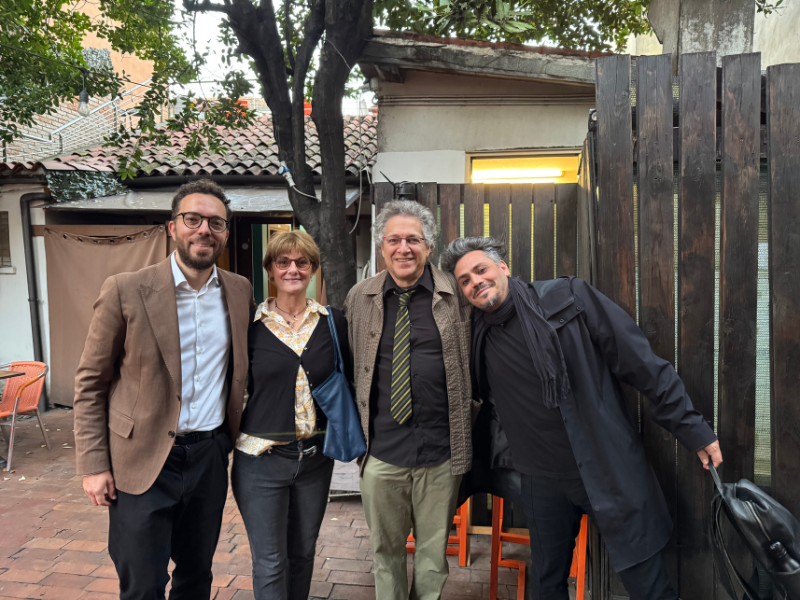SCIPLU
E pluribus unum? Scientific pluralism and its discontents
Project
SCIPLU is a three-year EU-funded project aiming to examine the concept of scientific pluralism and define a new understanding of this concept based on the notion of “style”. The new perspective, called “stylistic pluralism”, is grounded in the theory of “styles of scientific reasoning”. The project will articulate its foundations and explore its implications for the human and social sciences.
Based at the Trust in Philosophy and Science (TIPS) Research Centre and led by Dr. Matteo Vagelli, SCIPLU builds on the foundations of his previous MSCA project, Epistyle, which established the groundwork for a style-based understanding of scientific practice.
In the last decades of the 20th century, what could be called a “pluralist turn” has established itself in many disciplines. In fields ranging from anthropology to sociology, from political science to legal theory, pluralism has become an unavoidable category. In philosophy, various ontological, epistemic, ethical, and logical forms of pluralism have taken root. In the history and philosophy of science, in particular, the pluralist turn has emphasized the disunity of the sciences, both in terms of methods and results.
However, starting in the 21st century, the succession and intensification of increasingly large-scale political, economic, environmental, and health crises have posed growing challenges to pluralist thinking. Debates regarding vaccination, the epidemiological and health-related aspects of the recent pandemic crisis, or even the causes of climate change have contributed to reigniting the issue related to the public perception of the nature and function of science. As a result, positions on science have become polarized between renewed monistic tendencies on one side and generalized attitudes of distrust on the other. Partly in response to this situation, pluralism initially fragmented into a series of theories, many of which were hardly compatible with one another.
As a result of these tensions, scholars gradually lost interest in pluralism. It therefore seems more necessary than ever to question the extent to which the category of pluralism is still valid and how it continues to address the need for liberal societies to govern, in a manner that is both tolerant and coherent, the “disorder” implied by the chaotic multiplicity of perspectives and values at play in contemporary society.
This project aims thus to reactivate the discussion on scientific pluralism from a historical-philosophical perspective. Its main objective is to analyze and resolve the contradictions that characterize some of the main contemporary versions of pluralism and weaken their effectiveness in terms of science policy. In this study, the human and social sciences will play a pivotal role, along with the idea that science is composed of a plurality of different “styles” of thinking and doing.
Providing a taxonomy of the main forms of scientific pluralism and a discussion of their limitations
RO1 starts from the observation that the very idea of a “pluralist turn” itself should be pluralized. Rather than referring to a singular “turn,” we should speak of a heterogeneous and historically determined set of “pluralization” projects at multiple levels within the image of science.
The first goal of RO1 is thus a systematic discussion of some current forms of scientific pluralism.
The second goal of RO1 is to recover and discuss pluralist ideas that predate the “pluralist turn” of the late 20th century: insights from both French historical epistemology and pragmatism can be combined to provide crucial resources for rethinking scientific pluralism today.
Developing a new pluralist theory (“stylistic pluralism”)
RO2 intends to build on RO1 by developing a new form of pluralism (“stylistic pluralism”) that accounts for both the pluralistic and historical nature of the sciences, while also addressing characteristics like objectivity and progressiveness that are often attributed to certain forms of scientific knowledge.
Ian Hacking’s theory of “styles of scientific reasoning” as a starting point not only to portray the manyfold of theoretical objects, laws, models, techniques, and practices that characterize the sciences, but also the variety of ways in which these latter can collaborate with one another.
Unlike standard empirically informed versions of pluralism, “stylistic pluralism” does not simply acknowledge the empirical diversity of science but promotes plurality as an epistemic value
Applying “stylistic pluralism” to the human and social sciences
RO3 aims to use the taxonomy of variants of scientific pluralism (RO1) and the concept of “stylistic pluralism” (RO2) to refocus attention on the role of the human and social sciences in the current crisis of pluralism and its reformulation. While debates on scientific pluralism have largely focused on specific fields in the natural and life sciences, this topic has so far received limited attention in relation to the human and social sciences.
A primary objective of RO3 is to investigate whether, by using the human and social sciences as a starting point, a more generalized account of scientific knowledge can be developed that addresses the shortcomings of pluralist accounts provided in the framework of the special sciences. Furthermore, RO3 reflects on how the theory of “scientific styles” contributes to the understanding of the nature, status, goals, and limits of the various scientific disciplines, particularly the human and social sciences. Proposals will be investigated that suggest that the object of sciences such has sociology, history or economics are “kinds” – viz. “groupings” or “classifications” – of people or of behaviors.
Impact
This project goes beyond the state of the art because discussion on scientific pluralism is scattered and no encompassing and up to date account of both historical and current forms of pluralism is available. The proposed research will prompt revision in the history of the philosophy of science by offering fresh insights into earlier versions of the debate between monism and pluralism.
SCIPLU is also timely and ambitious:
- timely, because, through an analysis of scientific pluralism, it aims to study the effects of reorganization and polarization of knowledge undergoing in our societies.
- ambitious, because it operates in the direction of the development of a form of viable pluralism which avoid both pitfalls of relativism of distrust towards science and of blindness and intolerance towards the existence and proliferation of alternative points of view.
Potential users of the project's results include, in addition to philosophers, historians and sociologists of science, all those – both scholars and the general public – interested in the relationship between science, history, and philosophy, as well as in theoretical issues of pluralism for science policy.
Activities
2025/2026 HISTory of Epistemology and Philosophy of Science Working Group (HISTEPS)
HISTEPS brings together scholars from Italy and abroad to explore topics at the intersection of the history of science, philosophy of science, and philosophy of mathematics. Members will meet online monthly to read and discuss primary sources in these fields, as well as to present and critically engage with recent contributions in the secondary literature.
2025/2026 programme:
- October 16 2025, 16.00-17.30 - Flavia Padovani (Drexel University), “Hans Reichenbach and C.I. Lewis on the Pragmatic A Priori: Cognition and Values”
- November 6 2025, 16.00-17.30 - Adam Tamas Tuboly (Hungarian Academy of Sciences), “Otto Neurath's Emigration: Planning Logical Empiricism in the British Muddle”
- December 11 2025, 16.00-17.30 - Roberto Gronda (Pisa), Marianne Janack (Hamilton College) and Giancarlo Marchetti (Perugia), “Pragmatism and Philosophy of Science”
- January 15 2026, 16.00-17.30 - Silke Körber (independent), “Different Shades of ‘Scientific Humanism”
- February 12 2026, 16.00-17.30 - Matteo Collodel (Ca’ Foscari), “Against Authority: Political Roots of P. K. Feyerabend’s Epistemology”
- March 9 2026, 16.30-18.00 - Lucie Fabry (Université de Bourgogne), Sophie Roux (ENS Paris), “Authors Meet Critics: Bachelardismes et anti-bachelardismes. Controverses épistémologiques des années 1960”
All meetings will be held online. To receive the Zoom link, please fill in the HISTEPS registration form.
HISTEPS is part of the project SCIPLU and is jointly coordinated by Dr. Matteo Vagelli at the Department of Philosophy and Cultural Heritage, Ca’ Foscari University of Venice, and Professor Roberto Gronda at the Department of Civilizations and Forms of Knowledge, University of Pisa.
|
|
Flyer HISTEPS 2025/2026 | 570 KB |
13/10/2025 - TiPS Inaugural Lecture (Year Two)
16.00-17.30, Palazzo Cosulich (Sala Conferenze)
Peter L. Galison, Joseph Pellegrino University Professor, Harvard University - “Author Function in Scientific Collaboration: Around the Event Horizon”
Chair: Dr. Matteo Vagelli, Ca’ Foscari University of Venice
More than a half century ago, Michel Foucault published “What is an Author?” arguing that this notion did not inhere in the person, but instead resulted from the mechanisms by which works fix the author. What about scientific authorship? Large-scale collaborations have grown from a few dozen scientists in the 1950s to three-thousand-strong behemoths in the 2000s. Such massive groupings embrace a wide range of technical cultures that must forge local, shared languages and techniques (trading zones). To explore these dynamics, we consider two contrasting examples that reveal much about contemporary knowledge (in science) and epistemological decision-making (democratic deliberation). The Event Horizon Telescope Collaboration (EHTC) of 2019 had a flat organizational structure – an elective affinity binding together 200+ collaborators scattered across continents, institutions, and specialties. That work issued in the first image of a black hole, seen by a billion people. Building on the EHT is a space mission now in formation, the Black Hole Explorer (BHEX). With a strictly hierarchical framework characteristic of NASA, BHEX aims to achieve the highest resolution image in the history of astronomy – with completely different dynamics of author function. Together, in commonalities and contrasts, these flat and vertical collaborations, with their myriad coordinated subcultures, can help us frame the creation of collaborative knowledge practiced today.
The lecture will be followed by a discussion with the audience.
For further information, including online attendance, please contact Dr. Matteo Vagelli matteo.vagelli@unive.it and visit www.unive.it/tips.
10-12/09/2025 - Annual conference of the European Network for the Philosophy of the Social Sciences (ENPOSS)
10-11 September 2025, Ca’ Foscari, Dorsoduro 3246, Venice (Italy)
12 September 2025, Malcanton Marcorà, Dorsoduro 3484/D, Venice (Italy)
Local Organizing Committee:
Keynote Speakers
- Stéphanie Ruphy (ENS Paris), “Does Democracy Need More Politically Engaged Scientists?”
- Muhammad Ali Khalidi (CUNY), “Wherein Are Social Kinds Normative?”
Book Symposium: Northcott, R. “Science for a Fragile World,” Oxford University Press, 2025.
Conference programme: https://enposs.eu
Registration is required for participants who do not present at the conference. There is no registration fee. To register: matteo.vagelli@unive.it with the subject header “ENPOSS Registration.
|
|
Flyer 10-12/09/2025 - ENPOSS | 375 KB |

